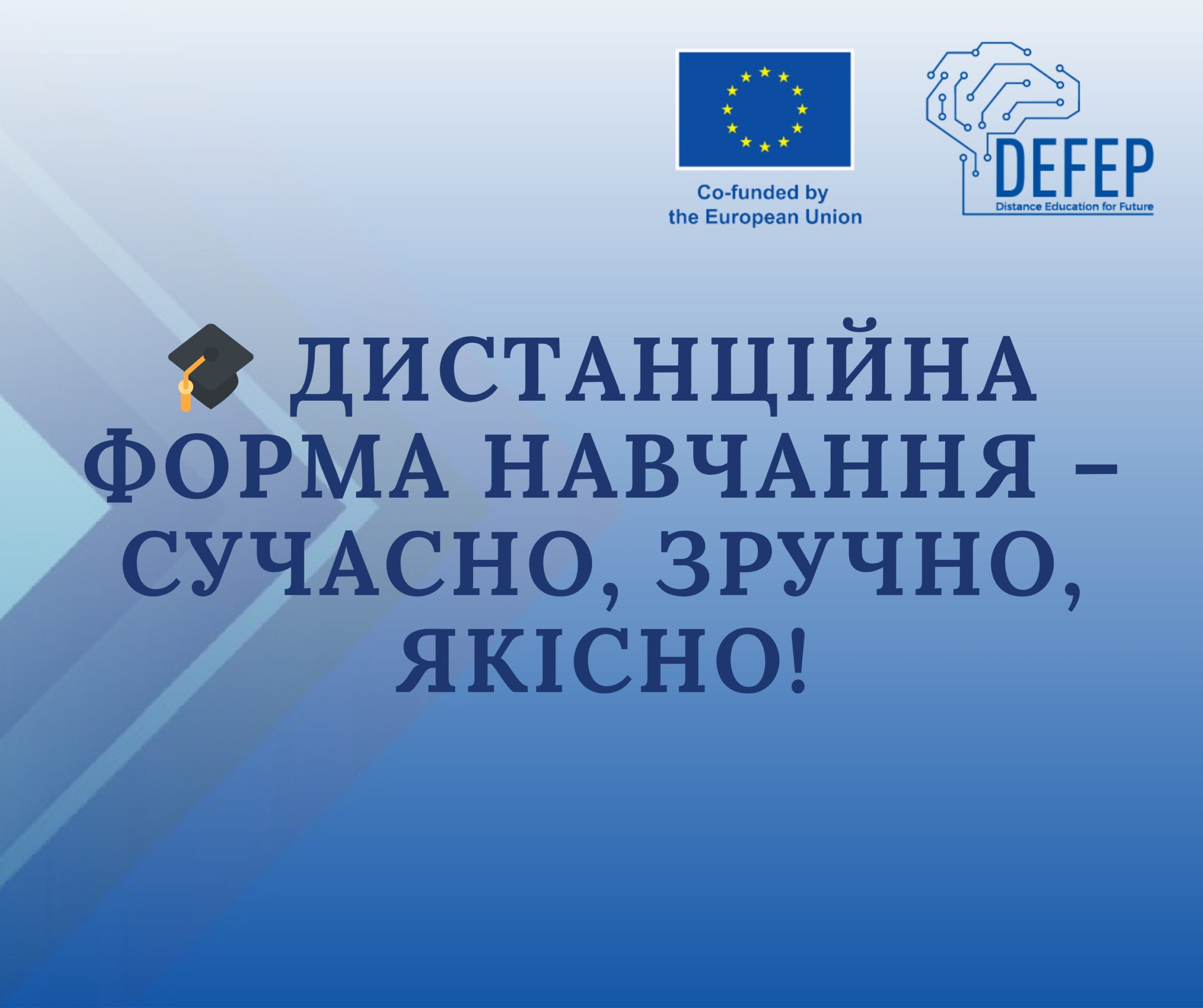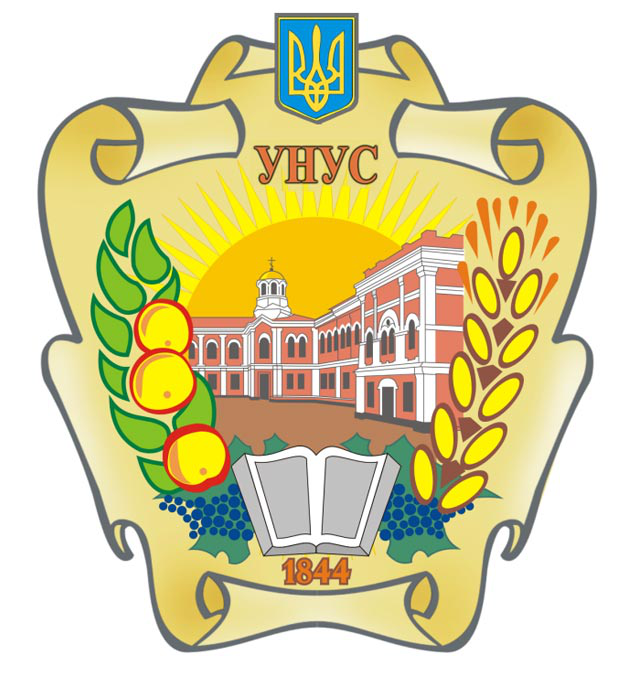
Implementation of the international DEFEP project continues: distance learning – new opportunities for UNU applicants
The international DEFEP (Distance Education for Future: best EU practices in response to the requests of modern higher education seekers and labour market) project, funded by the European Union under the Erasmus+ programme, is being successfully implemented at Uman National University.
The project aims to introduce the best European practices in distance learning, improve the quality of the educational process and expand access to higher education for various categories of the population, including military personnel, veterans, internally displaced persons and working professionals.
This year, a significant number of applicants have been enrolled in distance learning programmes at various educational levels and specialisations. In particular, the following have been enrolled in the second (master’s) level of higher education:
– C1 Economics and International Economic Relations (Economics) – 6 students;
– D3 Management – 9 students;
– D5 Marketing – 10 students;
– D7 Trade – 5 students;
– F3 Computer Science – 15 students;
– H1 Agronomy – 31 students;
– I10 Social Work and Counselling – 42 students;
– J2 Hotel and Restaurant Business and Catering – 10 students.
These figures demonstrate a consistently high level of interest in distance learning at Uman National University, as well as confidence in the quality of education provided through participation in the DEFEP project.
Thanks to its participation in the project, the university has been able to: modernise its digital education ecosystem; introduce new quality standards for distance learning; develop courses using modern platforms and interactive tools; improve the digital skills of teachers and students; and ensure the flexibility of the learning process and the accessibility of education regardless of place of residence.
The DEFEP project demonstrates the consistency of the university’s educational policy with European standards and contributes to strengthening the position of Uman National University as a modern, innovative and open educational centre.


